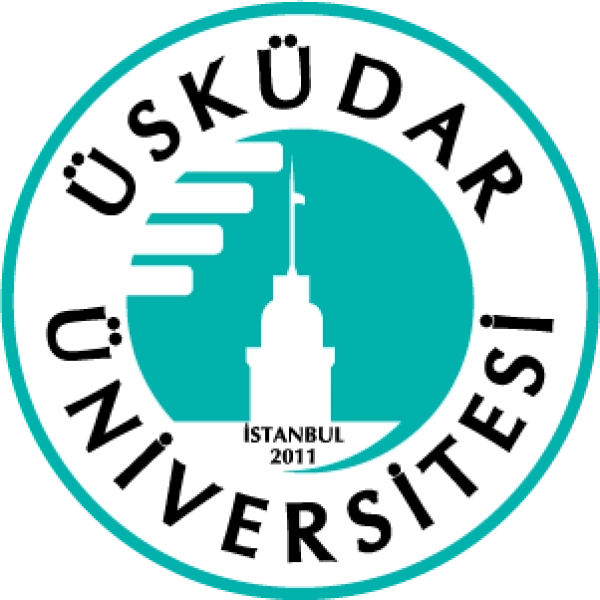College: Institute of Sciences
This specialization prepares students for a career in molecular biology, focusing on the study of biological molecules, cellular processes, genetics, and biotechnology.
Students develop practical laboratory skills and theoretical knowledge to understand the molecular mechanisms underlying biological processes. Graduates are equipped for roles in research laboratories, biotechnology companies, pharmaceutical industries, and academic institutions.
Learning Objectives:
- Understand the fundamentals of molecular biology, genetics, and cellular processes.
- Develop skills in laboratory techniques, genetic engineering, and biotechnology.
- Learn molecular cloning, gene expression, and protein analysis techniques.
- Explore principles of bioinformatics, genomics, and proteomics.
- Analyze challenges and opportunities in molecular biology research and applications.
- Develop critical thinking, problem-solving, and analysis skills for scientific research.
Main Curriculum:
- Introduction to Molecular Biology
- Overview of fundamental concepts and industry trends in molecular biology.
- Fundamentals of molecular biology, genetics, and cellular processes.
- Cell Biology
- Principles of cell biology, including cell structure, function, and metabolism.
- Techniques for studying cellular processes and molecular mechanisms.
- Genetics
- Basics of genetics, including heredity, gene expression, and gene regulation.
- Genetic analysis and manipulation techniques.
- Molecular Biology Techniques
- Fundamentals of molecular biology techniques, including PCR, gel electrophoresis, and DNA sequencing.
- Molecular cloning, gene expression, and protein analysis techniques.
- Biotechnology
- Principles of biotechnology, including genetic engineering, recombinant DNA technology, and bioprocessing.
- Techniques for developing and applying biotechnological solutions.
- Bioinformatics
- Understanding and applying bioinformatics tools for genetic and protein analysis.
- Data analysis techniques, genomics, and proteomics.
- Research Methods
- Principles of scientific research methods, including experimental design, data collection, and analysis.
- Techniques for conducting and presenting molecular biology research.
- Practical Training in Molecular Biology
- Real-world research experiences, including observations, internships, and practical projects in lab environments.
- Applying acquired skills in practical molecular biology research.
- Capstone Project in Molecular Biology
- A comprehensive project applying skills in molecular biology techniques, genetic engineering, or bioinformatics.
- Presenting a polished research project in molecular biology or a case study.
Assessment Methods:
- Research proposals, lab reports, genetic analysis projects, molecular biology technique presentations, bioinformatics analyses, practical training reports, capstone projects, group projects, and internship evaluations.
Recommended Textbooks:
- "Molecular Biology of the Cell" by Bruce Alberts et al.
- "Genetics: from Genes to Genomes" by Leland Hartwell et al.
- "Recombinant DNA: Genes and Genomes" by James D. Watson et al.
- "Bioinformatics: Sequence and Genome Analysis" by David W. Mount.
- "Biotechnology: Principles and Applications" by Colin Ratledge and Bjorn Kristiansen.
- "Scientific Research Methods" by various authors.
Prerequisites:
Basic knowledge of biology, chemistry, and laboratory techniques.
Suitable for students interested in molecular biology, genetics, biotechnology, and related fields.
Duration of Specialization:
Typically 4 years for a bachelor's degree, including coursework, projects, practical training, and internships.
Certification:
Graduates can earn a degree in molecular biology and pursue higher education or professional certifications in related fields, such as a master's or PhD in molecular biology, biotechnology, or genetics.
Target Audience:
Aspiring molecular biologists, geneticists, biotechnologists, and individuals seeking careers in molecular biology research, biotechnology, pharmaceuticals, and related fields.
This specialization equips students with practical, theoretical, and analytical skills necessary to excel in molecular biology and support careers in research, biotechnology, and related domains.

